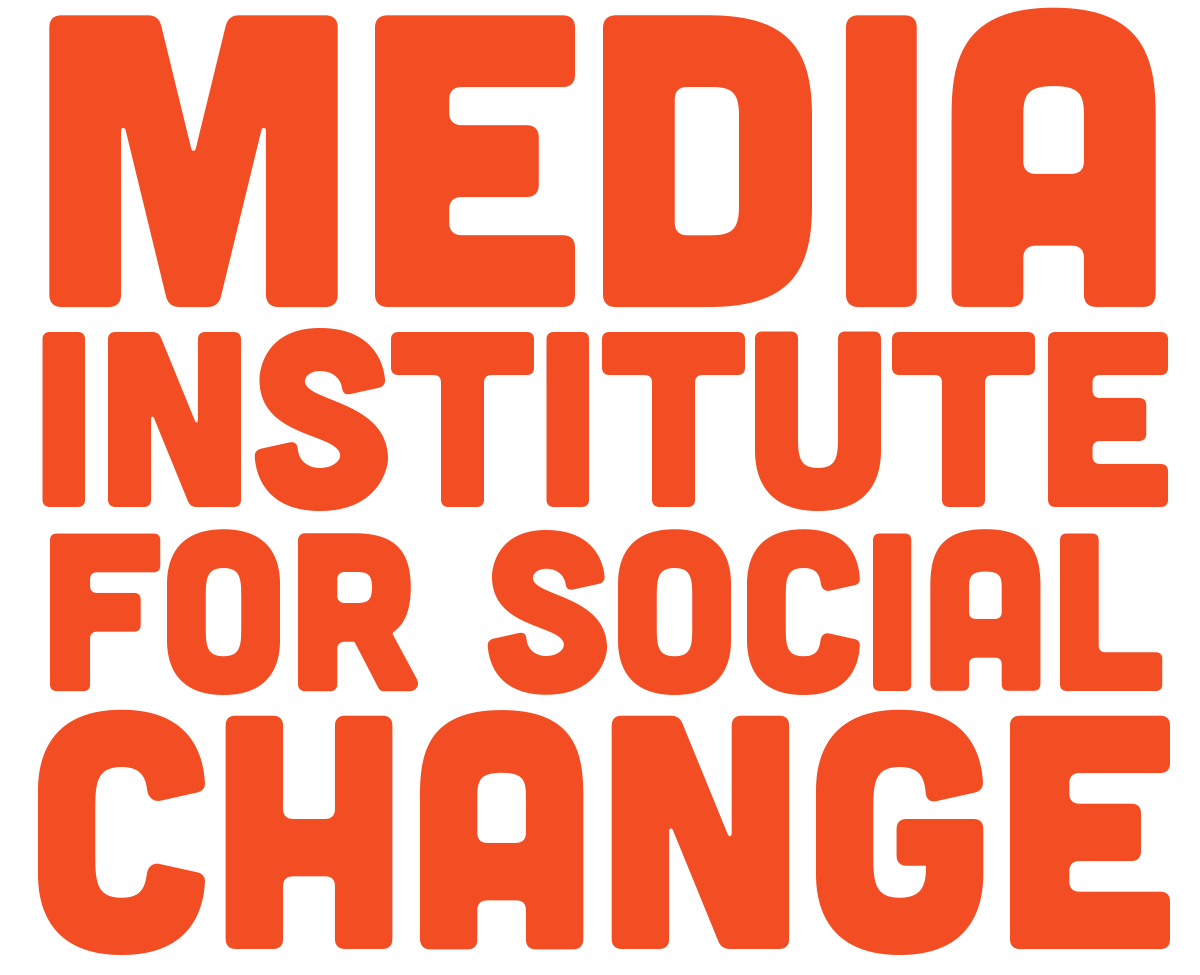This week our group finally took the leap of faith and plunged into life in Portland. After what seemed like hours of listening to "Sweet Caroline," we returned to our home away from home, also known as the Citizen store front. It was here that we all eagerly awaited to be greeted by our host families and whisked away to their humble abodes. However as time dwindled on , it was reminiscent of being the last kids in Pre-K , who would excitedly crane their necks at the sound of the door opening.
Once I was connected with my new Portland dad, I was whisked away to the neighborhood adjacent to the Hollywood District called "Rose City Park" named after the local elementary school. Here I was shown my new home for the remainder of my time in the 97217, and began to learn some of Portland’s rich, though maybe not the most diverse, history.
My family welcomed me with open arms, and explained that as empty nesters they were looking forward to having the house full again. I’ve become acquainted with the home's two cats, especially the elder, who is 20 years old and eats baby food.
My homestay hosts bestowed upon me an assortment of atlases and maps, just in case my modern technology failed me. They also took me on a tour of my new “home” in their Prius.
This weekend we will be checking out a few of Portland’s cultural gems including a Jazz and Blues festival by the Willamette River as well as a book talk by Roxane Gay.
I think I’ll end with a takeaway from this week: a woman sitting next to me on the bus educated me that Albina Avenue is pronounced "alb-I-na" like "albino," information I am incredibly grateful for as to not embarrass myself at the food carts, or "pods," down on Skidmore Avenue, where there's even a dish named after the notorious street.
Another fun pronunciation lesson: Willamette is with a sharp a, like you’re crinkling up your nose.
The adventure has only just begun, and I don’t really know where it’ll go but I’m excited to see where this path takes me!
–Moira Peterson





















